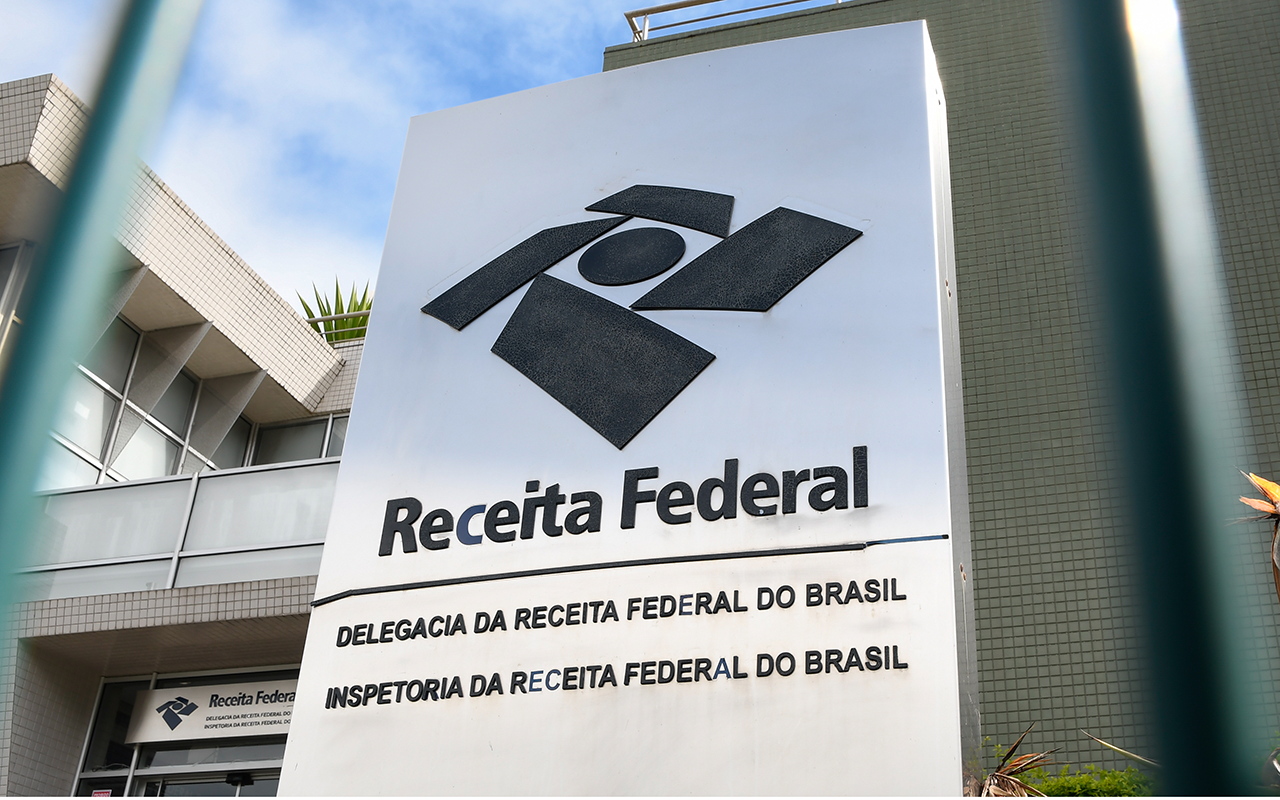The Brazilian Federal Revenue Service (RFB) issued Tax Directive 2,201/24 to implement the new rules on Interest on Equity (JCP) introduced by Law 14,789/23 (Subsidies Law). The Directive identifies which shareholders’ equity accounts may, or may not, be used to calculate JCP.
Interest on Equity is a form of shareholder remuneration available to companies taxed under the Real Profit regime. Payments are allocated to shareholders or quota holders in proportion to their stake. Unlike dividends, JCP is recorded as a financial expense and therefore reduces both taxable profit under the Real Profit regime and the tax base for the Social Contribution on Net Profit (CSLL).
However, Tax Directive 2,201/24 effectively restricts the base for calculating JCP. Amounts added to shareholders’ equity arising from investment subsidy reserves may no longer be included in the JCP base.
In practice, the RFB’s interpretation appears to exceed the statute and would be ultra vires to the extent it limits the inclusion of amounts received as investment subsidies in the JCP calculation, even when those amounts are recorded as share capital. A company that receives a tax incentive may, for accounting purposes, record it in shareholders’ equity and thereby enable a higher JCP distribution. Under the Directive, those amounts can no longer be considered in the calculation, even if used to increase share capital.
This limitation is problematic because the Subsidies Law did not change the legal nature of the investment subsidy reserve. The issue is likely to prompt widespread litigation.
Glossary:
Brazilian Federal Revenue Service (RFB): Brazil’s federal tax authority; administers federal taxes and issues sub-regulatory rules.
Tax Directive: RFB sub-regulatory rule (Instrução Normativa) that interprets or implements tax law and binds taxpayers and the administration.
Interest on Equity (JCP): tax-deductible shareholder remuneration available under the Real Profit regime, computed on specific shareholders’ equity accounts.
Subsidies Law: Law 14,789/23; sets rules affecting investment subsidies and which equity accounts may enter the JCP base.
Real Profit regime: corporate income tax regime based on adjusted accounting profit; prerequisite for paying JCP.
Quota holder: partner in a Brazilian limited-liability company (Limitada); contrasted with a shareholder of a corporation.
Social Contribution on Net Profit (CSLL): federal social contribution levied on corporate net profit, separate from corporate income tax.
Base for calculating JCP (JCP base): the subset of shareholders’ equity used to compute JCP (e.g., investment subsidy reserves excluded under the Directive).
Investment subsidy reserve: equity reserve formed from investment subsidies/tax incentives; may be excluded from the JCP base by the Directive.
Share capital: the registered capital of a company; a component of shareholders’ equity referenced in JCP calculations.




